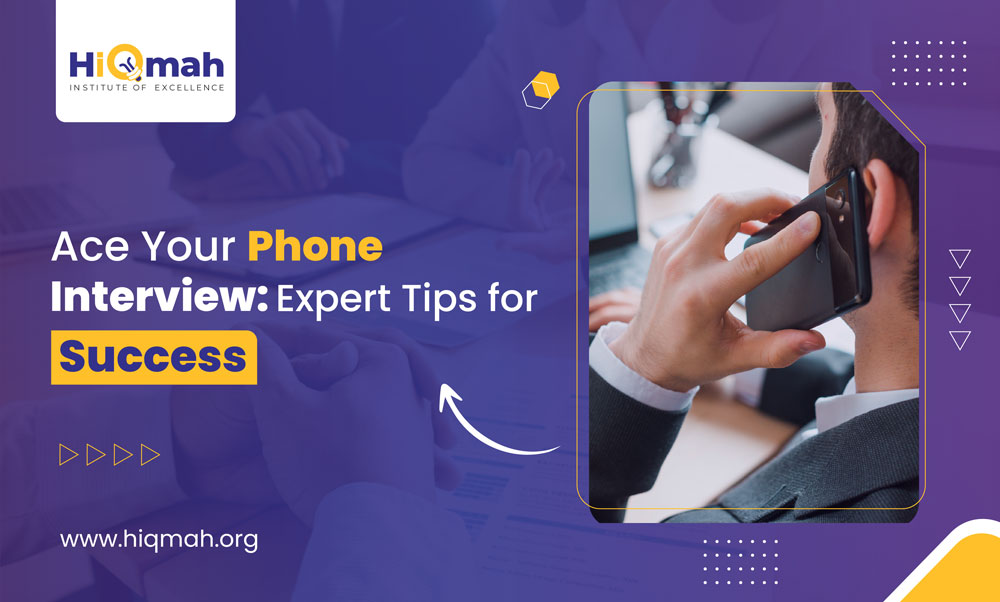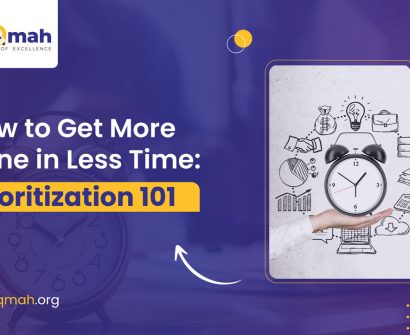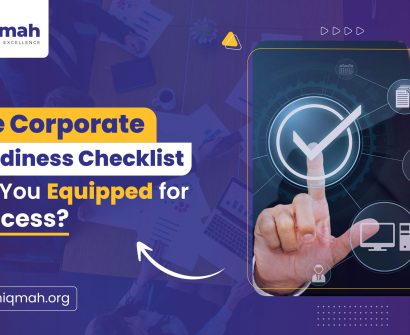
Phone interviews are widely utilized globally by recruiters and hiring managers as an initial screening. Recruiters can reduce a large pool of applicants by phone interviews, which typically last between 15 and 45 minutes. They are flexible, accommodating interviewers and applicants’ schedules, making the following in-person interview rounds more efficient and focused.
However, it takes 7–10 hours for applicants to prepare for such interviews, and most of them are either anxious or unsure of what to say. But with the right preparation, you can take control of the situation and feel empowered during your phone interview.
If you have a phone interview coming up, you’ve landed in the right place. This blog will provide valuable tips and guidance, supporting your journey to ace that phone interview.
Tips to Help You Ace That Call
Interviewers typically have an opinion on the candidate after the first seven minutes of the interview. Candidates aim to stand out from the crowd and leave an impression. Here are some tips to ace the interview:
Tip 1: Research about:
1. The Company: Make sure you are well prepared for the questions about the company and don’t sound unprepared. Do your homework, review the company website and social media, and learn about the mission, vision statements, and company culture.
2. The Interviewer: If you know the individual conducting your interview, research them and their roles and responsibilities inside the organization to establish rapport and a familiar environment during the interview.
3. Roles and Responsibilities: Ensure that you research the roles and responsibilities of the job you are applying for, the recent trends in the industry, and the new technologies. Then, match them with your skills, experience, past achievements, and educational background to stand out as an ideal match for the job.
Tip 2: Gain a Clear Understanding of the Details:
Confirm the interview details, such as time and day, to better understand and prepare accordingly. You can also confirm if the interviewer will call you or whether you should call to avoid last-minute confusion.
Tip 3: Prepare for Commonly Asked Questions:
Always be prepared to answer some commonly asked, open-ended questions. You may encounter variants of these questions, so you should always have a summary memorized to dispense when required. Ensure your answers are clear, relevant, realistic, and professional. Try to avoid sharing personal information and stick to answers that are job-relevant. Some examples of such questions include: ‘Introduce yourself, ”Tell me a little about yourself, ”Why should we hire you? ‘, ‘What are your strengths and weaknesses? ‘, and ‘Where do you see yourself in 5 years?’
Tip 4: Find an Appropriate Place:
Find a quiet, comfortable, and convenient place without distractions or loud noises. Ensure your cell phone is fully charged, check for network coverage, and turn off all unnecessary notifications. Everything you need during an interview, such as a charger, notepad, pen, and even a water bottle, should be arranged beforehand.
Tip 5: Listen First, then Talk:
Putting the principle “listen first, then talk” into practice is one of the most important interview tips. Be careful not to cut off someone in the middle of the sentence and wait for them to finish before speaking. This will also allow you to understand what is being asked and to compose your answers effectively.
Tip 6: Follow the Four Cs of Tone:
Your voice and tone can help you make an impression and stand out during phone interviews. Follow the Four C’s of Tone: You should sound calm, confident (but not overconfident), comfortable, and maintain a conversational flow throughout the process. For practice, you can have mock interview calls with a friend or a family member to ensure you’re mastering these aspects of your tone.
Tip 7: Take notes for Important Points:
If you get nervous and tend to forget things during interviews, taking notes during a phone interview will help you acquire and keep all of the relevant information that may be required later for follow-up inquiries. It will also allow you to ask relevant and insightful questions, helping you communicate more effectively.
Tip 8: Follow these Phone Interview Rules:
- Make sure that you answer the phone yourself.
- Let your family know you expect a call to avoid distractions and disturbances.
- Avoid eating or chewing gum throughout the interview.
- Try to smile while speaking.
- Avoid interrupting the interviewer.
- Switch off the call-waiting feature to minimize unneeded distractions.
- Don’t worry if you need time to respond to a question.
- Notify the interviewer in advance if you cannot attend or intend to reschedule.
Tip 9: Closing the Phone Call Like a Professional:
It is just as vital to end the interview call in a positive tone as it was to begin. Make sure to ask relevant questions to demonstrate your interest in the position. Ask questions about the company’s culture, growth possibilities, goals of the company, personal development opportunities, etc. Conclude the interview by thanking the interviewer for their time and patience and requesting the next steps or timeframe.
Tip 10: Follow-up:
If you haven’t heard back from the interviewer or the company within a week or the timeline provided by the interviewer, you can send a follow-up email or call to inquire about the status of your application. Ensure you respectfully ask for an update and leave your contact information if they need to follow up.
Acing your phone interview is more than simply moving on to the next round; it also sets a great tone for the entire recruitment process. By standing out in this initial interaction, you pave your way for a successful hiring process and take a step forward. Follow these tips to make good impressions, stand out as a well-prepared candidate, and demonstrate your commitment and interest in the role, which will help you land your ideal job and impress potential employers.
At HiQmah, we provide the Corporate Readiness Course (CRC), which includes a training module designed to help you ace your interviews. It will equip you with the essential soft skills needed to excel in today’s workplace. From sharpening communication abilities to building resilience and confidence, this course offers a holistic approach to professional development. The program includes learning to articulate ideas clearly, adapting to industry changes, and confidently approaching challenges.





